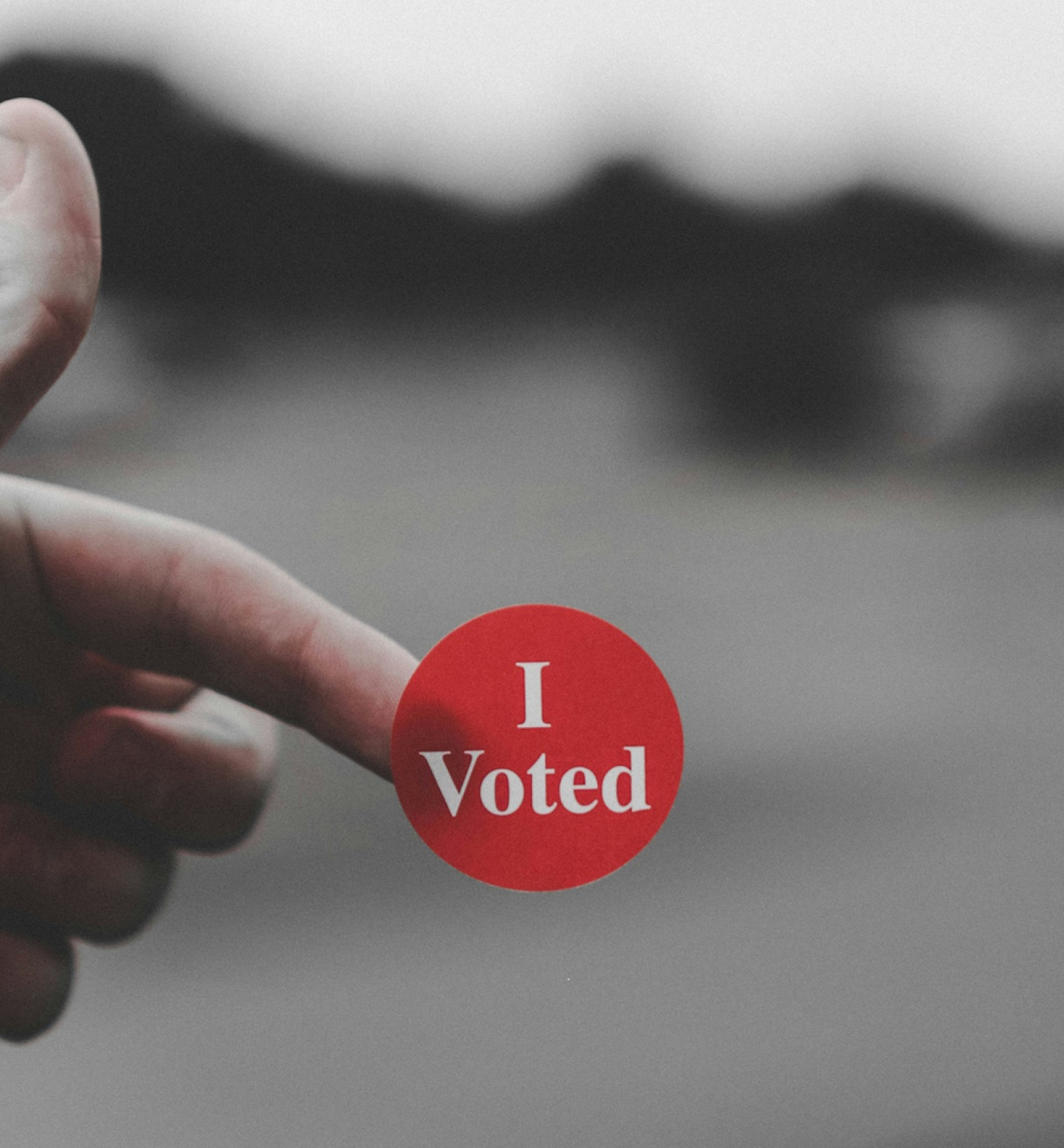
What is “Hate Speech”?
Any communication in speech, writing, or behaviour that attacks or uses pejorative or discriminatory language with reference to a person or a group on the basis of who they are, in other words, based on their religion, ethnicity, nationality, race, colour, descent, gender or other identity factor.
UN Strategy and Plan of Action on Hate Speech[1]
Hate speech covers many forms of expressions that advocate, incite, promote, or justify hatred, violence, and discrimination against a person or group of persons for a variety of reasons. It poses grave dangers to the cohesion of a democratic society, the protection of human rights, and the rule of law. If left unaddressed, it can lead to acts of violence and conflict on a wider scale. In this sense, hate speech is an extreme form of intolerance that contributes to hate crime.
European Commission Against Racism and Intolerance (ECRI)[2]
There is no unified international legal definition of hate speech, and national protection instruments are often based on different interpretations. In fact, concerning the fundamental right to freedom of speech, international law prohibits the incitement to discrimination, hostility, and violence since, when explicit and deliberate, this might trigger actions from discrimination to atrocity crimes. However, even if it is not a direct incitement, hate speech can be harmful.
Considering the variety of countries and minorities represented by the FUEN member organisations, the Minority Hate Monitor uses the UN and ECRI definitions and addresses hate speech as:
* An extreme form of intolerance, which
* in any communication in speech, writing, or behaviour,
* attacks or uses pejorative or discriminatory language to
* advocate, incite, promote, or justify hatred, discrimination, and violence against a person belonging to a minority or a minority community as a whole
The cases presented by the Minority Hate Monitor, therefore, range from hate speech to assaults and vandalism, all targeting national minorities and/or their members.
Minority Hate Monitor is an initiative supporting the FUEN's campaign Mute Hate Speech, which aims to link the concerns of minorities, FUEN and EUROPEADA, with UEFA-EURO24 to attract as much attention as possible. Through its new Hate Cases section, the Minority Monitor project will map cases of hate speech against minorities in all of its forms – written, verbal, and visual – disseminated through media (printed, radio, TV), online platforms, art, street art, or aggressive acts against the minority cultural heritage.
From June to July 2024, within just a month after the first call for inputs, eight member organisations from seven countries submitted 40 cases. This is a testament to the power of collective action. FUEN continues to collect cases, which will be published on a rolling basis. Your contribution is crucial in this fight against hate speech. To provide input, please use the following reporting form: https://forms.gle/ZX4bBA1XWehqgeAb7
The cases were processed and grouped in several thematical lines for reporting purposes. The current article introduces the cases of
Politicians and Institutions Disrespecting Minority Rights
Eight hate cases were reported to the Minority Monitor by three minority organisations from three European states—Greece, Poland, and Spain (Catalunya)—from June to July 2024. The cases, dating from 2017 to 2023, reveal that verbally promoting hatred at the political level or enacting discriminatory practices at the institutional level is not an isolated event.
Either addressing minority members as "spies", referring to a community as a "nazi" structure or making continuous attempts to stigmatize a minority for being willing to preserve their cultural identity, populist politicians aiming to gain support based on hatred of diversity are harmful both for their societies and for Europe as a whole. Promoting intolerance breaches cohesion, but it is also a security challenge.
When, however, the adopted discriminatory practices by the authorities are accepted and supported by majorities, then hatred becomes institutionalised. Minorities are not only punished for seeking their language rights but also for being willing to preserve their minority identity.
The following cases, reported in a dossier style, provide details about different instances of hate against national minorities. Each case can be accessed through the link provided below:
Madrid 2017: Majority welcomes repression of Catalan referendum
Elx 2019: Linguistic discrimination
Athens 2020: Turkish Minority Addressed as “Spies”
Spain 2021: Hateful posts by politicians against Catalan language
Madrid 2021: A politician disseminates anti-Catalan false news
Warsaw 2021-2022: Attempts to stigmatize the German minority
Barcelona 2023: Catalunya compared with “Nazi Germany”
References:
[1] United Nations Strategy and Plan of Action on Hate Speech, June 2019, https://www.un.org/en/genocideprevention/documents/advising-and-mobilizing/Action_plan_on_hate_speech_EN.pdf ;
United Nations Strategy and Plan of Action on Hate Speech Detailed Guidance on Implementation for United Nations Field Presences, September 2020, https://www.un.org/en/genocideprevention/documents/UN%20Strategy%20and%20PoA%20on%20Hate%20Speech_Guidance%20on%20Addressing%20in%20field.pdf
[2] Council of Europe, European Commission Against Racism and Intolerance, https://www.coe.int/en/web/european-commission-against-racism-and-intolerance/hate-speech-and-violence
Photo by Parker Johnson on Unsplash